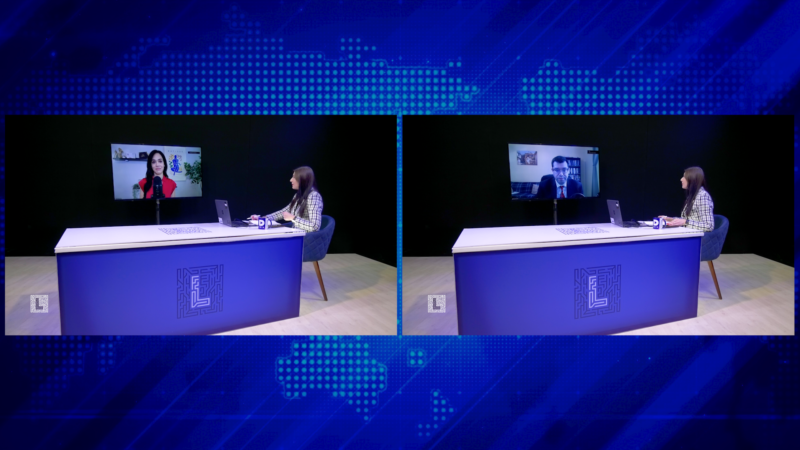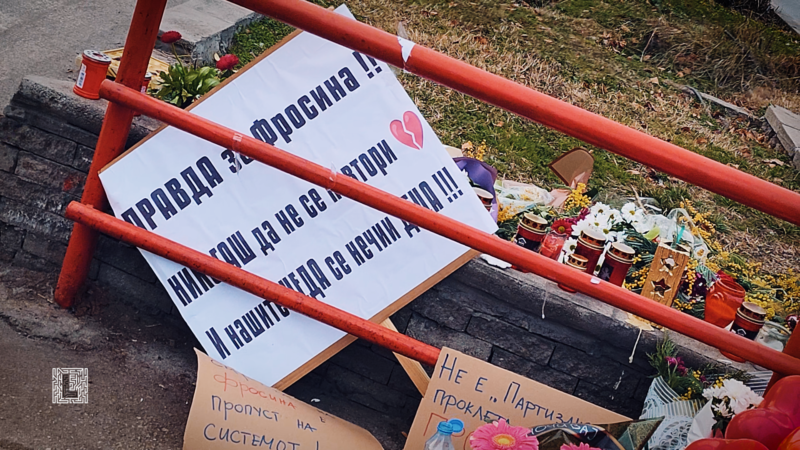A conversation with one of the cyclists who rode 1500 kilometers
The cyclists who rode across half of Europe to deliver a message to the European Parliament in Strasbourg have returned home. Another spectacular welcome was organized for them in Novi Sad, after those that took place in major European cities. In this Labyrinth, we include Veljko from the Technical Faculty in Novi Sad to tell us about the message that was delivered to the MEPs and to share with us their experiences from the long journey. The next great feat of the Serbian students will be a run to Brussels.
You Might also like
-
Trump returns to the Oval Office – Will he stop the wars as he promised?
The Americans have spoken - a triple victory for the Republicans.
The Americans have declared, they are returning Trump to the White House. Labyrinth with appearances from Tampa, Florida and Cincinnati, Ohio analyzed how the new President came to this victory and how that election will affect global geopolitics. Jalyssa Dugrot, a journalist from Florida reports about the atmosphere there. We analyze Trump's future steps on the world political stage with Professor Ivan Dinev from the University of Cincinnati.
Watch the full episode.
Post Views: 857 -
Shekerinska appointed as NATO's second-in-command - What does that mean for the country?
Interview with security expert and former advisor to the Ministry of Defense, Emir Hasanović
Former Defense Minister, Radmila Sekerinska has been appointed Deputy Secretary General of NATO, making her the first Macedonian woman to hold a high position in the world’s most powerful military alliance. Sekerinska was at the helm of the ministry at the very moment when NATO accession took place, and her appointment can only be positive for our country – believes security expert and former advisor to the Ministry of Defense, Emir Hasanovic. We also discussed future expectations from the Alliance, as well as current European and global security issues.
Watch the full interview.
Post Views: 1,991 -
Граѓаните на улица против корупција и неказнивост
Голем број граѓани се собраа на Партизанска, на местото кадешто беше прегазена младата Фросина да побараат правда. Протестот продолжи до Собранието и заврши пред судовите. Граѓаните со молк изразија сочувство и голем дел од нив рекоа дека ќе продолжат да протестираат додека правдата не биде задоволена. На протестот присуствуваше семејството на младата Фросина, како и семејствата на претходните жртви на дивеењето на Партизанска.
Post Views: 741





